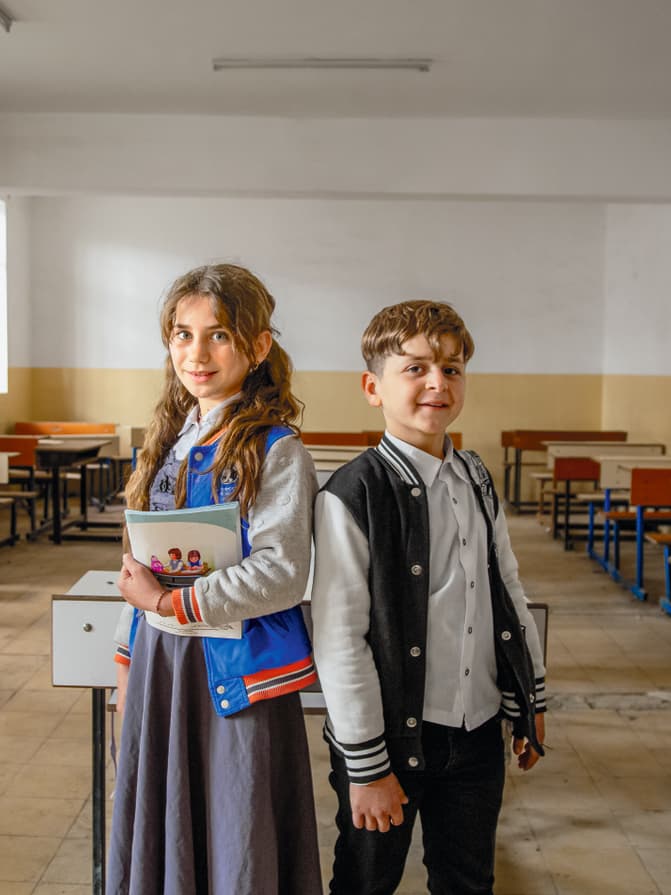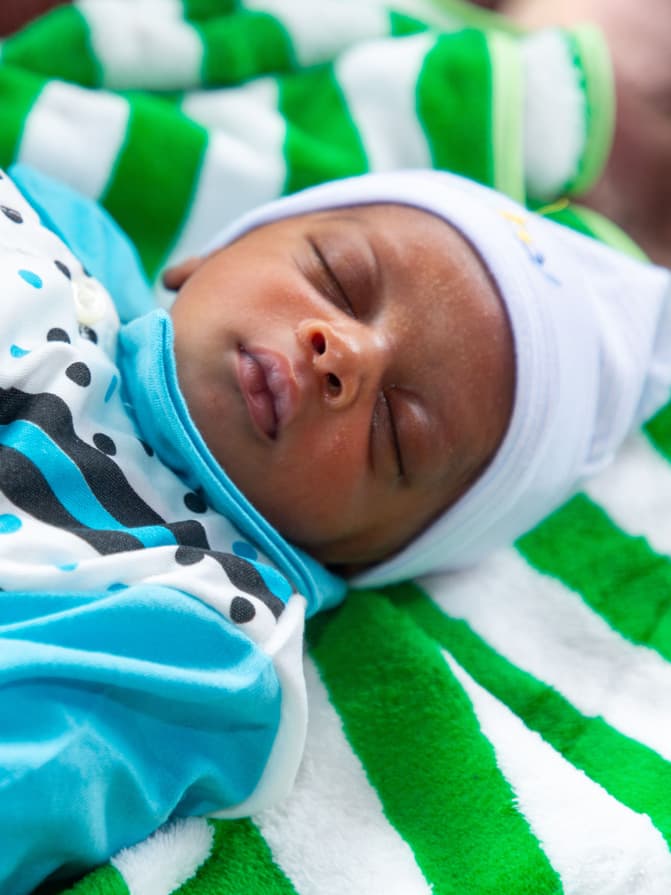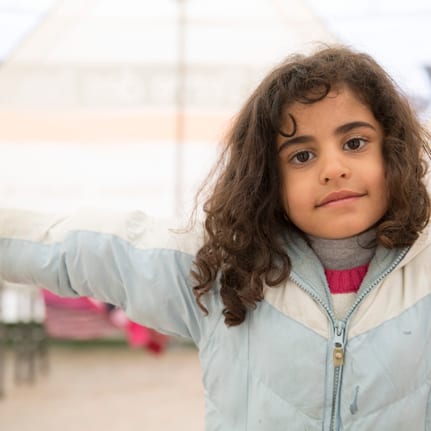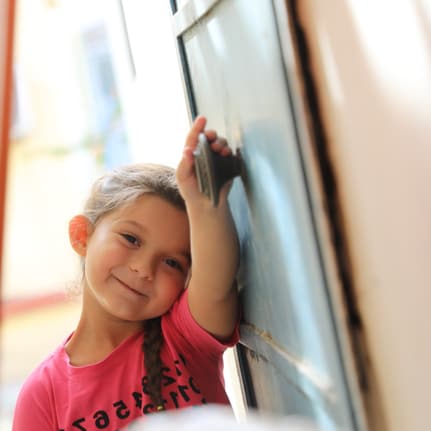We demand an end to the war against children in Gaza
From Gaza to the West Bank, Palestinian children are under attack. Even children who will survive to see the next ceasefire are traumatised and will live with debilitating memories for the rest of their lives. Terre des hommes, together with the International Federation of Terre des Hommes, is calling on world leaders to take immediate action after 100 days of war on Gaza.
We have said it before, and we say it again: No Palestinian child is safe. Whether they have lost a family member or friend, seen their home destroyed, been forced to leave their neighbourhoods, and seek refuge in temporary shelters, children in Gaza live in constant fear for their lives and their loved ones. Their whole existence is permeated by the earthshattering destruction and incomprehensible violence of war.
As an international child rights organisation working in Gaza and the West Bank, we cannot accept the inaction of leaders in the face of the grave situation of children in the Occupied Palestinian Territory. This is why we are addressing a declaration to world leaders in order to accelerate efforts towards an immediate and lasting ceasefire. We demand an end to this war against children in Gaza, a situation that our team on the ground is witnessing day after day.
Working together with children for a better future
Children are why our organisation exists at all, and the focus of our daily work, informing our mission, vision and values. Children inspire us, guide us, and constantly amaze us. Their imagination is boundless, their adaptability incredible, their creativity overflowing and their resilience commands respect.
Children share their opinions with us, give us ideas and sometimes even the boost we need to go yet further. Our objectives are always to afford them better protection, defend their rights and change their lives, permanently.
With children, for children, we are active in more than 30 countries, working in vital areas such as health, migration and access to justice.
How does Terre des hommes makes lasting changes to children’s lives?







